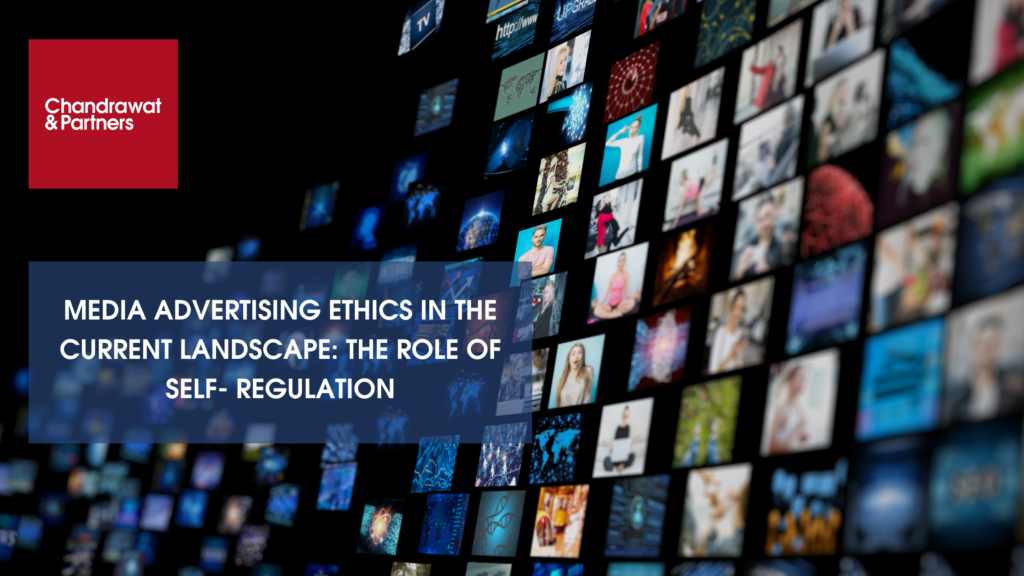
Media Advertising Ethics In The Current Landscape: The Role Of Self- Regulation
INTRODUCTION
In today’s digital age, media advertising has spread across our daily lives in the current digital era through a variety of channels, including social media, television, and online platforms. But as commercials become more and more common, the advertising sector needs to regulate itself and take ethical issues seriously.
THE SHIFTING SANDS OF MEDIA CONSUMPTION
The days of families gathering around the TV for their evening fix of entertainment are long gone. Media consumption is dispersed across many platforms and devices these days. Consumers have unprecedented flexibility over what, when, and how they interact with content on devices ranging from smartphones and tablets to smart TVs and gaming consoles. Because of this change, advertisers now need to use a more flexible and varied approach in order to effectively reach their target demographic.
THE POWER OF DATA AND TARGETING
With so much data available to advertisers, one of the biggest effects of the digital revolution is the quantity of data. Advertisers may now gain unprecedented insight into the tastes, activities, and demographics of their audience by utilizing advanced analytics and tracking solutions. Hyper-targeted advertising campaigns that provide tailored messages to the appropriate people at the right time, increasing the likelihood of engagement and conversion, are made possible by this abundance of data.
THE REIGN OF THE CONTENT AND CONTEXT
Effective advertising campaigns still revolve around appealing content, but the setting in which it is presented is just as important. Advertisers need to think carefully about the platforms and channels they use to spread their message in an era where consumers are inundated with content. Whether it’s a clever tweet, a visually striking Instagram story, or an insightful podcast advertisement, matching the content to the specific qualities of the channel is essential to breaking through the noise and connecting with the target audience.
THE ETHICAL IMPERATIVE
- The Importance of Transparency: Advertisements should accurately represent products or services without resorting to deceptive tactics or misleading claims.
- Combatting Misinformation: Amidst the spread of fake news and misinformation, advertisers must prioritize truthfulness to maintain consumer trust and credibility.
- Avoiding Harmful Stereotypes: Advertisements should refrain from perpetuating harmful stereotypes based on race, gender, or other characteristics, promoting inclusivity and diversity.
- Upholding Cultural Sensitivity: Advertisers must be mindful of cultural nuances and sensitivities to avoid offending or alienating diverse audiences.
THE ROLE OF SELF- REGULATION
- Collaborative Efforts: Self-regulatory bodies comprising advertisers, agencies, and industry experts play a crucial role in setting ethical guidelines and standards.
- Monitoring Compliance: Through proactive monitoring and enforcement mechanisms, self-regulatory frameworks ensure adherence to ethical principles and address violations effectively.
- Transparent Processes: Establishing clear procedures for handling complaints and grievances ensures transparency and accountability in addressing ethical breaches.
- Public Accountability: Advertisers are accountable not only to regulatory bodies but also to consumers, demonstrating a commitment to ethical conduct and responsible advertising practices.
CHALLENGES
- Influencer Marketing: With the rise of influencer marketing, advertisers must navigate ethical considerations surrounding transparency, disclosure, and authenticity.
- Native Advertising: Ethical guidelines should extend to native advertising formats, ensuring that sponsored content is clearly identified to avoid misleading consumers.
CONCLUSION
In an era characterized by unprecedented connectivity and digital innovation, media advertising ethics and self-regulation are more crucial than ever. By upholding principles of truthfulness, respect, and accountability, advertisers can foster a culture of ethical conduct that benefits both consumers and the industry at large. As the advertising landscape continues to evolve, embracing rigorous self-regulatory standards remains essential in maintaining public trust and integrity in media advertising practices.
For more information or queries, please email us at
[email protected]
Key Contact

Surendra Singh Chandrawat
Managing Partner

